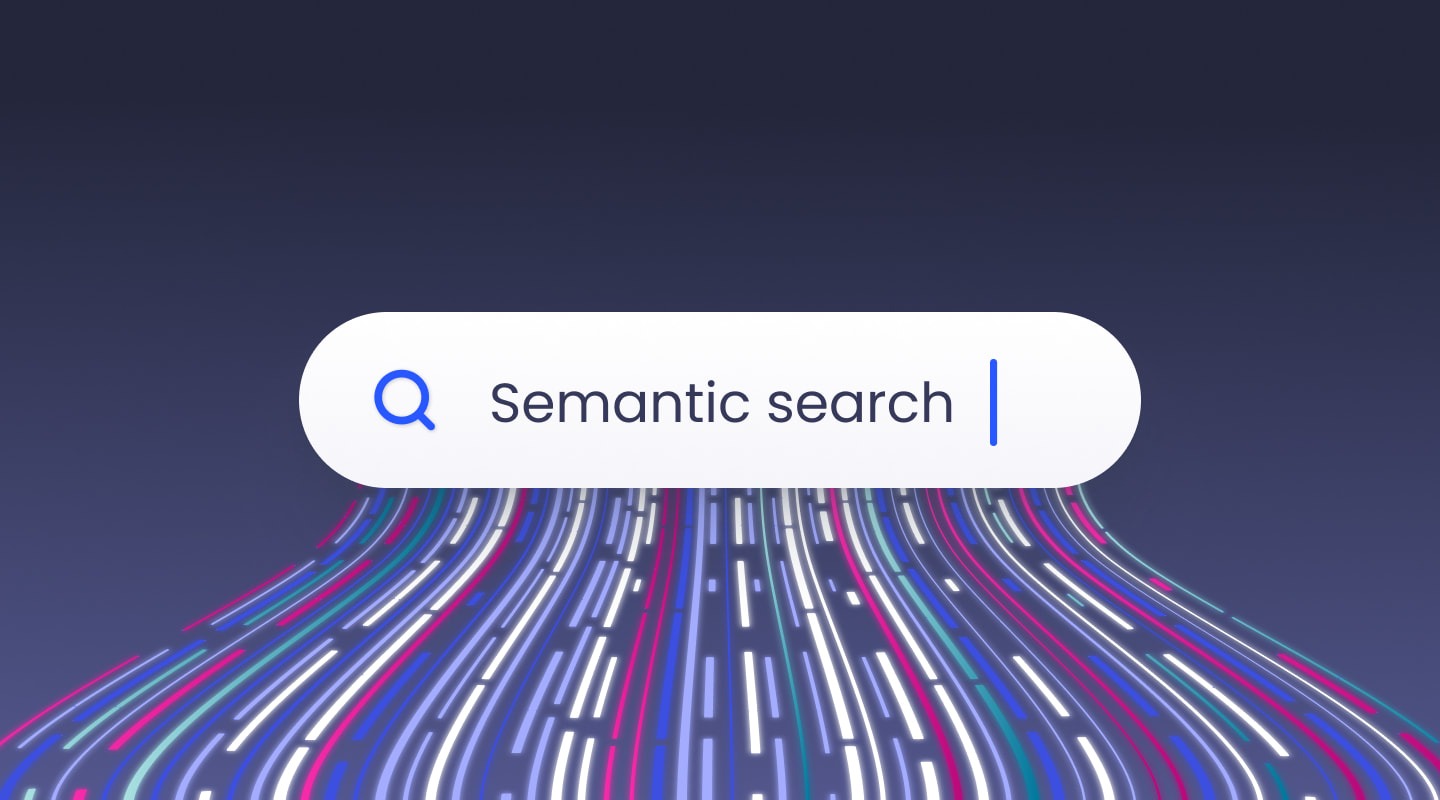Introduction
In the digital age, the quest for information has become a fundamental part of our daily lives. The ease with which we can access a plethora of information is largely due to the continuous evolution of search engines. Among the notable advancements in this realm is the emergence of semantic search engines. Unlike traditional search engines that rely on keywords and phrases, semantic search engines endeavor to understand the context and meaning behind a user’s query, thereby delivering more accurate and relevant results.
The technological leaps in machine learning and artificial intelligence have significantly propelled the development of semantic search engines. This article delves into the potential impact and the underlying technology of semantic search engines.
Understanding Semantic Search
Semantic search seeks to understand the intent and contextual meaning of a search query rather than merely focusing on keywords. It leverages various technologies including natural language processing (NLP), machine learning, and knowledge graphs to provide more nuanced search results.
Moreover, semantic search engines use sophisticated algorithms to analyze the relationship between words and phrases, making them capable of understanding concepts and ideas related to a search query. This enhanced understanding leads to more accurate and relevant search results, improving user satisfaction and engagement.
Technological Backbone
Natural Language Processing (NLP)
At the heart of semantic search lies Natural Language Processing (NLP), a branch of AI that enables machines to understand and respond to human language. NLP facilitates the interpretation of complex queries, allowing search engines to comprehend nuances and deliver more precise results.
Furthermore, advancements in NLP have led to the development of more sophisticated semantic algorithms capable of understanding idiomatic expressions, synonyms, and the context in which words are used. This significantly enriches the search experience by allowing for a deeper understanding of queries.
Knowledge Graphs
Knowledge graphs play a crucial role in semantic search by providing structured information about entities and the relationships between them. They enable search engines to understand the broader context of a query, thus delivering more relevant results.
Moreover, knowledge graphs are continually updated and expanded, ensuring that semantic search engines are equipped with the latest information. This constant evolution allows for a more dynamic and enriched search experience.
The Impact of Semantic Search
The implementation of semantic search has a profound impact on both users and businesses. For users, semantic search ensures a more intuitive and efficient search experience. It significantly reduces the time and effort required to find relevant information.
On the other hand, businesses can benefit from semantic search as it allows for better SEO optimization and more targeted advertising. Understanding user intent and delivering relevant content not only drives more traffic but also fosters a stronger connection between businesses and their audience.
Future Prospects
The trajectory of semantic search engines suggests a future where search becomes more intuitive and aligned with human thought processes. As technology continues to evolve, we can expect semantic search engines to become more adept at understanding complex queries and delivering highly relevant results.
Furthermore, the integration of semantic search with other emerging technologies such as augmented reality and virtual reality could redefine the way we interact with information. The convergence of these technologies holds the promise of creating a more immersive and enriched information-seeking experience.
The journey towards fully realizing the potential of semantic search engines is ongoing. However, the strides made so far indicate a promising future, one where the search is not just a mechanical process but an intuitive extension of our curiosity and desire for knowledge.





